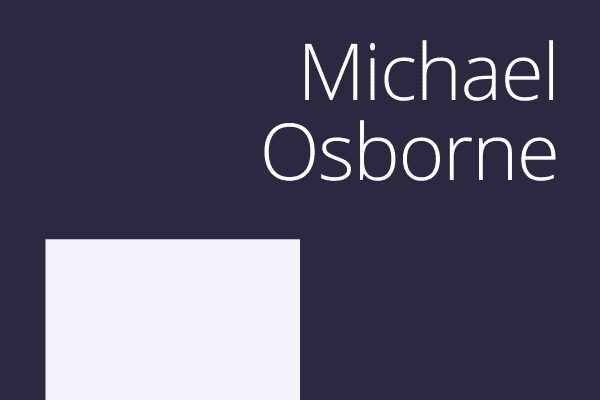
Ancient beliefs, modern issues
The first ever comprehensive analysis of sexuality in the New Testament and early Jewish literature, undertaken by a world-renowned Australian scholar, has helped churches and the wider community to grapple with contentious contemporary issues relating to religious belief and practice.
The research, probing not only the Bible but every Jewish and Christian text from the Hellenistic Greco-Roman era (third century BCE to first century CE), helped to inform public policy and debate on same-sex marriage in Australia and overseas.
The period studied by William Loader was a highly formative one, when Jewish and Christian attitudes to sexuality became defined in interaction with the dominant Hellenistic culture.
Those attitudes still profoundly influence Western views and values. Critics of same-sex unions often cite references to homosexuality in the New Testament to support their standpoints.
The ‘Kinsey’ of biblical sexuality
Between 2005 and 2010, Loader conducted painstaking textual, theological and ethical analysis of every religious text from his chosen period, including the Dead Sea Scrolls, the Apocrypha, the Septuagint and the writings of Philo of Alexandria and Josephus.
The aim was to decipher what the people of antiquity were saying – in their world, and in their terms – about sexuality.
While the research concluded that the Bible and other writings unequivocally condemn homosexuality, and assume all people are heterosexual, Loader believes such judgements should be interpreted in their cultural and social context.
This was an era when slavery was condoned, adultery required divorce, the Earth was believed to be flat or a sphere which the sun circled, and women were considered inferior. Clearly, opinions have evolved, and Loader questions whether writers back then had an adequate understanding of same-sex relationships.
His research delved into numerous other aspects of sexuality, such as polygyny, adultery, bestiality, incest, prostitution and celibacy. It resulted in five academic monographs – including The New Testament on Sexuality and The Pseudepigrapha on Sexuality – as well as journal articles, essays and conference papers.
The publications constitute an important resource for scholars worldwide and established him in the words of an American colleague as “the Kinsey of Biblical sexuality”. But Loader wanted his work to be of practical use too – to help people understand the ancient religious texts and judge their modern relevance. His book, Making Sense of Sex: Attitudes towards Sexuality in Early Jewish and Christian Literature, summarises his findings for a non-academic audience.
Entering the same-sex marriage debate
Loader also engaged directly with public policy and debate in the wider community, speaking at lectures, seminars and conferences, giving media interviews, publishing accessible online articles, and penning a submission to the 2012 Senate inquiry into same-sex marriage.
As Australia confronted the moral, religious and ethical questions surrounding same-sex unions, clergy, churchgoers and community groups consulted Loader – who is also a Uniting Church minister – and drew on his writings for their guidance papers and policy statements.
His objective presentation of the evidence helped the Uniting, Anglican, Catholic, Presbyterian and Baptist churches in Australia, Ireland, New Zealand, the UK and the US to clarify their thinking on the issues.
At his public talks, Loader outlined three practical options: interpret the Bible literally and require homosexual Christians to seek “healing”; recognise them as homosexual but regard their sexual relations as a sin; or (his own view) recognise them, encourage them (like everyone else) to be sexually responsible and treat them equally.



